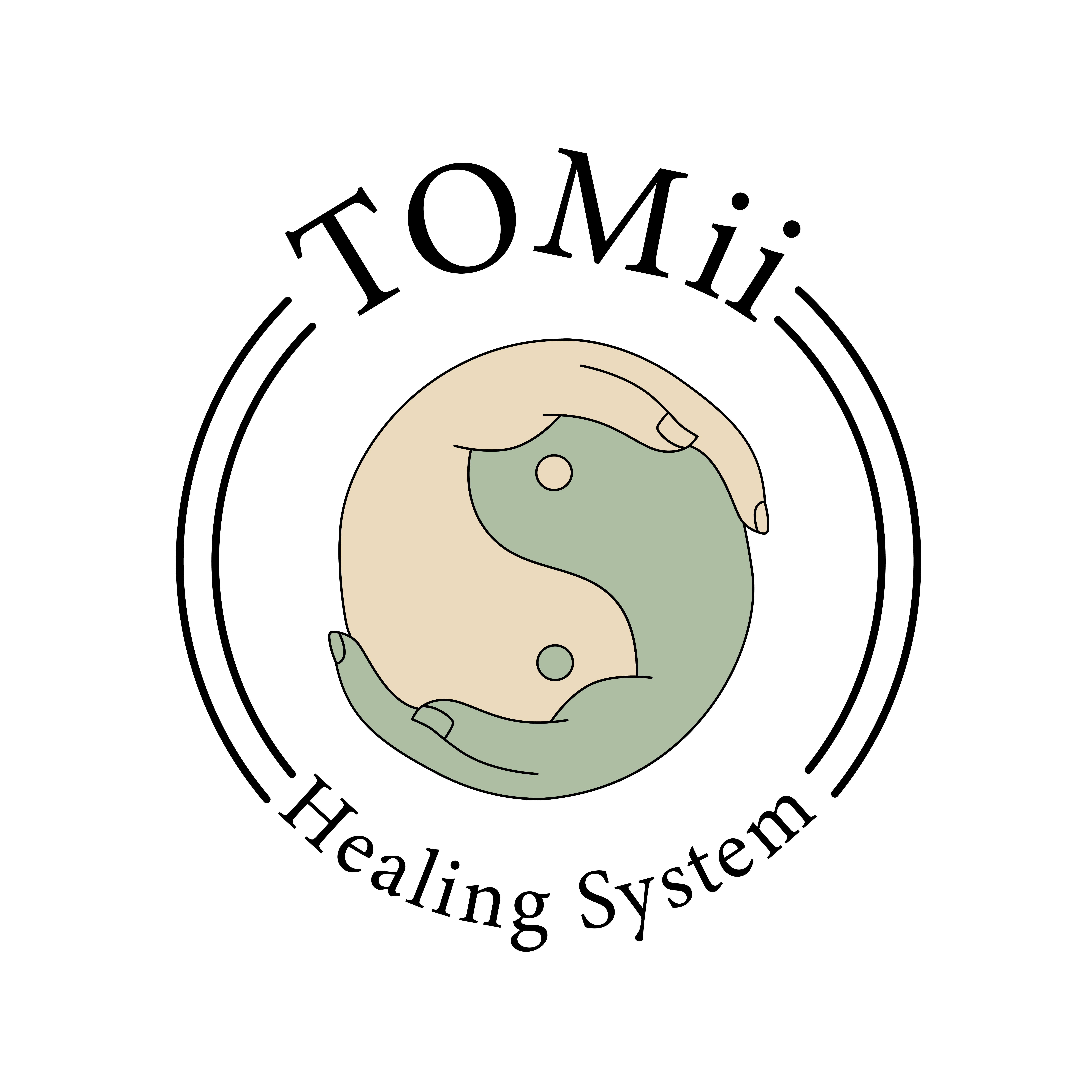Considered the ruler of all internal organs.
In Traditional Chinese Medicine (TCM), the Heart Meridian refers to a pathway or channel through which the vital energy, known as Chi, flows in the body. This meridian is believed to begin at the heart and extends to the fingertips, passing through various points along the way. The Heart Meridian is associated with the Heart organ system, which plays a vital role in regulating blood circulation, mental and emotional wellbeing, and sleep patterns.
 The Heart Meridian is one of the twelve main Meridians in TCM, and it is said to be responsible for regulating the blood vessels, controlling sweating, and influencing the tongue’s taste buds. According to TCM theory, when the Heart Meridian is blocked or imbalanced, it can cause a range of physical, mental, and emotional symptoms, such as palpitations, chest pain, anxiety, insomnia, and poor memory.
The Heart Meridian is one of the twelve main Meridians in TCM, and it is said to be responsible for regulating the blood vessels, controlling sweating, and influencing the tongue’s taste buds. According to TCM theory, when the Heart Meridian is blocked or imbalanced, it can cause a range of physical, mental, and emotional symptoms, such as palpitations, chest pain, anxiety, insomnia, and poor memory.
The Heart Meridian is said to be closely related to the emotional state of a person. In TCM, the Heart is considered the “Emperor” of the body, responsible for controlling mental and emotional functions. The Heart Meridian is believed to be responsible for regulating emotional balance and communication between the Heart and other organs.
Acupuncture is a common technique used to stimulate the Heart Meridian. It involves inserting thin needles into specific points along the meridian to restore the Chi flow and balance energy. Acupressure, which involves applying pressure to specific points along the meridian with fingers, can also be used to stimulate the Heart Meridian. The TOMii Healing and Wellness System uses a combination of Acupressure and sometime Cupping to help restore balance to the Heart Meridian.
Disorders related to heart qi include:
Palpitations
Angina
Excessive Sweating Fatigue
Anemia
Poor Circulation in the Extremities
Insomnia
Vertigo
Poor Memory
Oral ulcers
Coma
Nightmares





0 Comments